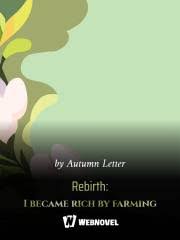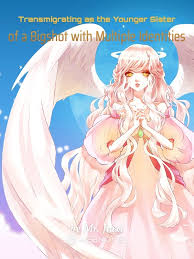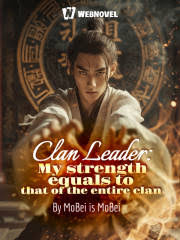The Story in 3 Sentences
Mei Mengzhen, having died unexpectedly, is reborn in 2007 with only 3200 yuan and a mission to save her younger brother from poverty.
She quietly begins farming using mysterious abilities tied to a spirit osmanthus tree, turning humble vegetables into a thriving enterprise that soon spirals beyond her original modest goals.
As her influence grows through agriculture, business, and subtle social maneuvering, she reshapes not just her family’s fate but also challenges the moral fabric of those around her.
Why It Stands Out
1. A Quiet Revolution in the Vegetable Aisle
Unlike typical rebirth tales filled with flashy revenge or overpowered scheming, this novel roots its protagonist’s rise in the mundane act of farming—transforming soil, sweat, and spirit-infused produce into quiet economic power. Her battlefield isn’t a throne room but a wet market stall, and her weapons are crisp bok choy and pesticide-free tomatoes.
2. Slice-of-Life Meets Strategic Family Drama
The story masterfully blends cozy daily rhythms—planting seeds, haggling with neighbors, enrolling her brother in school—with sharp interpersonal conflicts involving selfish uncles, contradictory aunts, and shifting loyalties. This balance keeps the pacing grounded even as the stakes quietly escalate.
3. Achievement Over Romance, Consistently
While a love interest exists, the narrative never lets it overshadow Mei Mengzhen’s core drive: self-reliance and familial uplift. The sub-plot remains just that—a background hum—allowing the focus to stay on her tangible progress, from signing her first contract to building agribusiness empires.
Characters That Leave a Mark
There’s Ji Chengnan – a supportive figure in the entertainment or business world who consistently affirms Mei Mengzhen’s choices and collaborates with her on projects, often serving as a bridge between her rural roots and broader opportunities.
You’ll meet Fan Tianyu, who acts as a dependable elder-brother figure, managing logistics, property decisions, and family negotiations with quiet competence, becoming instrumental in stabilizing her growing operations.
And Chenchen? They’re the one who represents the emotional core of Mei Mengzhen’s mission—the younger brother whose survival and future justify every risk she takes, though fans lament the lack of closure on his later life.
The Flaws Fans Debate
The ending feels abrupt and unresolved, leaving key character arcs—especially Chenchen’s adulthood—without proper follow-up.
Inconsistent naming and pronoun usage occasionally confuse readers, with similar-sounding names making it hard to track relationships without rereading.
Some character motivations, like the eldest aunt’s shifting stance, appear contradictory without sufficient narrative justification.
Must-Experience Arcs
Ch. 1–20: The Osmanthus Awakening – Mei Mengzhen returns to 2007, discovers her spirit tree’s power, and sells her first batch of vegetables, setting the foundation for everything to come.
Ch. 300–350: Market Empire Expansion – She transitions from street vendor to supermarket supplier, navigating contracts, competition, and family interference while scaling her farming operation.
Ch. 740–800: Legacy and Letting Go – As her business stabilizes and national recognition grows, Mei Mengzhen faces emotional reckonings about her brother’s future, her own identity, and whether success has cost her peace.
Killer Quotes
“Staying unnoticed in plain sight doesn’t mean staying small—it means growing roots so deep no storm can uproot you.”
“Poverty isn’t just empty pockets; it’s the silence when your brother asks for schoolbooks and you have no answer.”
“Every seed I plant is a promise I refuse to break.”
Cultural Impact
Readers praise its rare focus on agricultural entrepreneurship in a genre saturated with martial arts or palace intrigue.
The phrase “stay unnoticed in the vegetable market” became a meme among fans to describe humble yet strategic success.
Despite translation quirks, it maintains a loyal following on Webnovel, with readers requesting spin-off short stories to resolve the open ending.
Final Verdict
Start Here If You Want:
A grounded rebirth story where wealth comes from dirt, discipline, and decency—not bloodshed or betrayal.
A female lead whose intelligence lies in patience, planning, and practicality rather than manipulation or magic.
A narrative that treats poverty, family duty, and rural life with respect and nuance rarely seen in urban fantasy.
Study If You Love:
Narratives that subvert xianxia tropes by replacing cultivation with crop cultivation.
Stories where economic agency is the true form of empowerment.
The quiet tension between traditional family obligations and modern self-determination in post-2000s China.
Avoid If You Prefer:
Fast-paced action or dramatic revenge plots—this is a slow burn built on market stalls and moral choices.
Clear-cut endings—readers report dissatisfaction with the unresolved fates of secondary characters.
Consistent naming conventions—similar names and occasional pronoun shifts can disrupt immersion.





